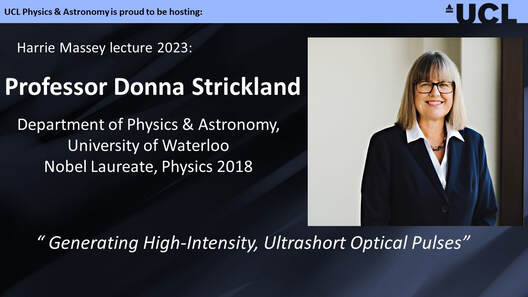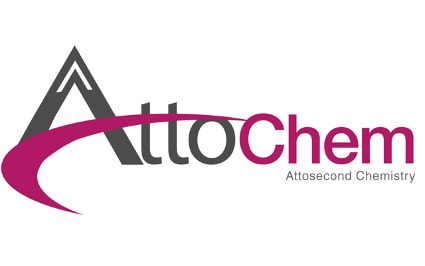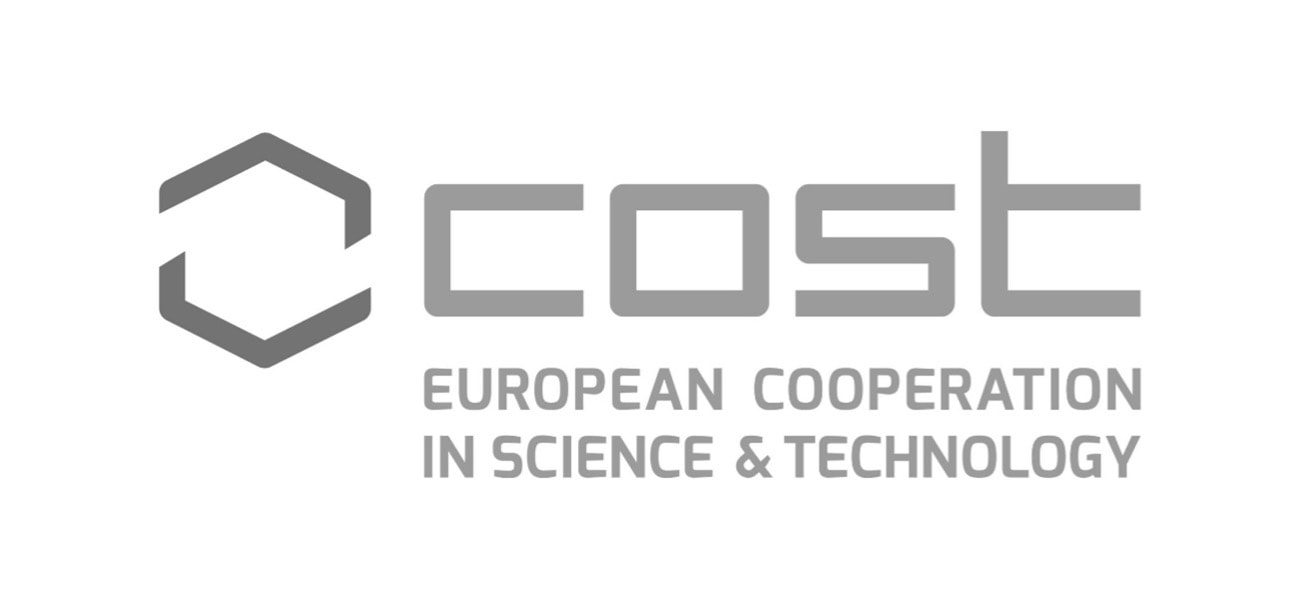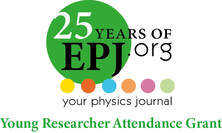Following the success of the CECAM online Workshop Quantum Battles in Attoscience in 2020, with over 300 participants from 35 countries, it is a pleasure to announce that the 2023 edition of our workshop "Quantum Battles in Attoscience" will take place from June 28 to June 30, 2023, onsite, at the University College London. While we hope that as many people as possible will make the trip to join us, in person, we will stream several of the workshop sessions live on our YouTube channel, in line with our vision of keeping science free and open to the international community.
Venue: On the 28th and 29th of June, the workshop will take place at the Bentham House 124 Gideon Schreier LT, University College London. On the 30th of June, the workshop will take place at the Benjamin Lay Suite, Friends House.
The conference will include traditional talks (invited and contributed) and poster sessions, but will again centre on three ‘battles’. The topics have been chosen and will be:
The workshop will also include a panel discussion on sustainable scientific software development, sponsored by the PARAMOR project.
There will also be a public lecture on 28/06 by Professor Marc Vrakking (MBI Berlin) on Attosecond Science in the Age of Entanglement.
Venue: On the 28th and 29th of June, the workshop will take place at the Bentham House 124 Gideon Schreier LT, University College London. On the 30th of June, the workshop will take place at the Benjamin Lay Suite, Friends House.
The conference will include traditional talks (invited and contributed) and poster sessions, but will again centre on three ‘battles’. The topics have been chosen and will be:
- How Quantum is Atto?
- Attoscience of solids
- Chirality, symmetry and tailored fields
The workshop will also include a panel discussion on sustainable scientific software development, sponsored by the PARAMOR project.
There will also be a public lecture on 28/06 by Professor Marc Vrakking (MBI Berlin) on Attosecond Science in the Age of Entanglement.
Vision & AimsAttosecond science has emerged from the study of the interaction of matter with intense laser fields, and it is the natural successor of femtochemistry. Its main objective is to resolve and ultimately control electron dynamics in real time. Electrons play a key role in photosynthesis, destroy or modify molecules, and can be used for information processing in human-made devices. This wide range of applications and huge potential for attosecond imaging of matter has made it a hugely popular and expanding area. Unfortunately, this rapid growth has led to a vast, fragmented methodological landscape, with many conflicting views.
The present workshop is focused on the quantum aspects of attoscience. It aims at exploring areas of tension in a collegial and controlled way and at providing a debating platform for early career researchers and leaders in the field. |
Organizers
|
Quantum Battles in the media
A few articles about and around our initiatives:
Blog entry and a really touching interview at the Quantum Communications Hub. We were particularly honored to learn that the Battles influenced someone's career change.
- Physics world: courting controversy online: https://iopscience.iop.org/article/10.1088/2058-7058/33/10/21 (here is also the online version: https://physicsworld.com/a/fostering-academic-debate-in-an-online-world/)
- UCL Quantum News: Battle ready https://www.ucl.ac.uk/quantum/news/2020/oct/battle-ready
- Springer Research News: Following three debates: https://www.springer.com/gp/about-springer/media/research-news/all-english-research-news/quantum-battles-in-attoscience--following-three-debates/19780326
- Editorial at European Physical Journal D: https://link.springer.com/article/10.1140/epjd/s10053-022-00492-6
Blog entry and a really touching interview at the Quantum Communications Hub. We were particularly honored to learn that the Battles influenced someone's career change.
Playlist: Interview series with 2018 Nobel Laureate, Professor Donna Strickland

She was here for the 2022 Massey Lecture, which we organized, and gave a series of interviews to our YouTube channel. Thanks to Henry Bennie (UCL Quantum) for performing the interview and o Diana Ursu (UCL media team) for the editing). Professor Donna Strickland speaks about winning the Nobel Prize, her research thereafter, lasers, our research field, women in science and more.
Click here for the playlist |
Playlist: Meet the Physicist - the people behind the science
We have started a new playlist on our YouTube channel aimed at a broad audience in addition to the attoscience community and contains short interviews with our peers. With this, we hope to provide insight into who we are and what we do. We have asked our interviewees the following questions (and variations thereof):
1) Tell us a bit about yourself & your science 2) How did you end up doing attosecond physics and why do you find it exciting? 3) How do you see the field evolving? 4) Is there a message you would like to share with our audience? The playlist is available here Sample questions & areas of tension
|
How Quantum is Atto?Are we addressing decoherence, entanglement and non-classicality? What overlaps are there with quantum technologies?
Attoscience of SolidsWhat can we learn from solids that has not been done already for other targets? Is there a consensus on strong-field phenomena in solids, and the techniques used to probe/model them?
|
Chirality, Symmetry and Tailored fieldsWhat are the recent breakthroughs in tailored fields? What are the technological limitations for pulse generation & characterisation and for sensing?
Sustainable scientific software developmentIs science or software king in attoscience? What incentives are there to make scientific software FAIR (Findable, Accessible, Interoperable, Reproducible)?
...and other topics!
|










